#simon jimenez
Explore tagged Tumblr posts
Text
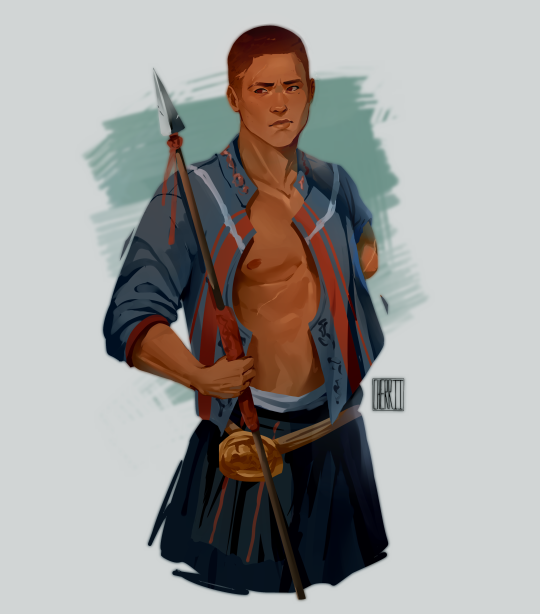
painting practice w/ keema 🫶
#my art#digital art#artists on tumblr#illustration#fan art#art#the spear cuts through water#simon jimenez#character design#character art
569 notes
·
View notes
Text
Queer Adult SFF Books Bracket: Round 1
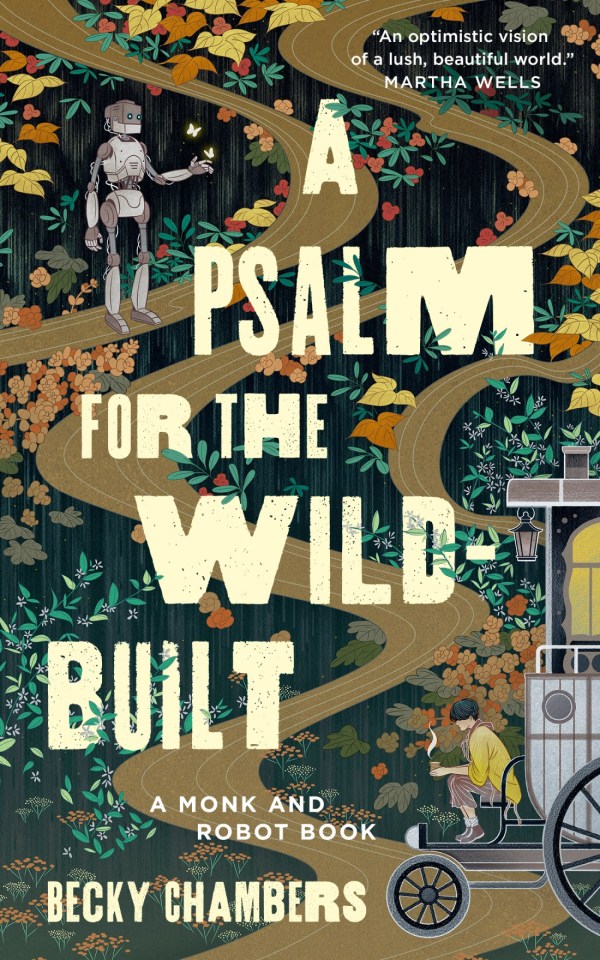
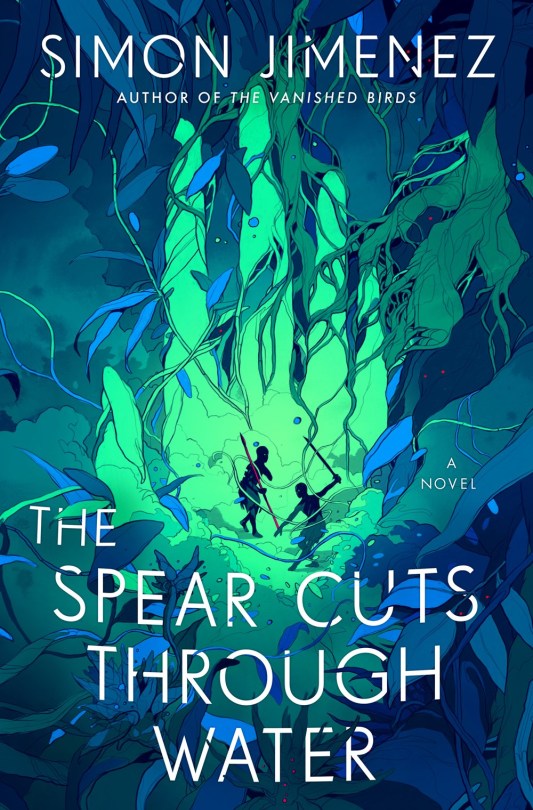
Book summaries and submitted endorsements below:
A Psalm for the Wild-Built by Becky Chambers (Monk and Robot series)
Endorsement from submitter: "Soft hopepunk scifi novellas are just the best shit out there"
Centuries before, robots of Panga gained self-awareness, laid down their tools, wandered, en masse into the wilderness, never to be seen again. They faded into myth and urban legend.
Now the life of the tea monk who tells this story is upended by the arrival of a robot, there to honor the old promise of checking in. The robot cannot go back until the question of "what do people need?" is answered. But the answer to that question depends on who you ask, and how. They will need to ask it a lot. Chambers' series asks: in a world where people have what they want, does having more matter?
Science fiction, cozy scifi, science fantasy, philosophy, slice-of-life, novella, series, adult
The Spear Cuts Through Water by Simon Jimenez
The people suffer under the centuries-long rule of the Moon Throne. The royal family—the despotic emperor and his monstrous sons, the Three Terrors—hold the countryside in their choking grip. They bleed the land and oppress the citizens with the frightful powers they inherited from the god locked under their palace.
But that god cannot be contained forever.
With the aid of Jun, a guard broken by his guilt-stricken past, and Keema, an outcast fighting for his future, the god escapes from her royal captivity and flees from her own children, the triplet Terrors who would drag her back to her unholy prison. And so it is that she embarks with her young companions on a five-day pilgrimage in search of freedom—and a way to end the Moon Throne forever. The journey ahead will be more dangerous than any of them could have imagined.
Both a sweeping adventure story and an intimate exploration of identity, legacy, and belonging, The Spear Cuts Through Water is an ambitious and profound saga that will transport and transform you—and is like nothing you’ve ever read before.
Fantasy, epic fantasy, metanarrative, experimental, adult
#polls#queer adult sff#a psalm for the wild built#becky chambers#monk and robot#monk & robot#a prayer for the crown shy#the spear cuts through water#simon jimenez#tsctw#keema#jun ossa#books#booklr#lgbtqia#tumblr polls#bookblr#book#lgbt books#queer books#poll#sff#sff books#queer sff#book polls#queer lit#queer literature
185 notes
·
View notes
Text


jun & keema from the novel The Spear Cuts Through Water by Simon Jimenez
#the spear cuts through water#simon jimenez#keema#jun#thespearcutsthroughwater#book characters#character art#book illustration#portrait illustration#queer characters
343 notes
·
View notes
Text

jun & keema
#LIFE CHANGING LITERATURE.#WHERE IS THE ART.#WHERE ARE THE FICS.#DO I HAVE TO DO EVERYTHING MYSELF!?!?!??! AGAIN!!?!?!??!?#yes.#the spear cuts through water#simon jimenez#when simon jimenez wrote this one's for me he also meant me as well.#i am being so fr#my art#fanart#art#illustration#if anybody cares jun's sword is a panabas and his mask is based off of filipino dinagyang masks
230 notes
·
View notes
Text
just finished the spear cuts through water, thought i'd jump up on tumblr, see what the talk is about. tell me why no one NO ONE IS TALKING ABOUT THE DEFECT TURTLE THAT STARTED A TURTLE REVOLUTION BY SHARING WITH ITS BRETHREN AN IMAGE/MEMORY OF A PEACEFUL RIVER MORNING
109 notes
·
View notes
Text

The Spear Cuts Through Water, Simon Jimenez
160 notes
·
View notes
Text
Character, book, and author names under the cut
Fumiko Nakajima/Dana Schneider- The Vanished Birds by Simon Jimenez
Esther/Cye- Upright Woman Wanted by Sarah Gailey
Achilles/Patroclus- The Song of Achilles by Madeline Miller
Wes/Isaiah- One Last Stop by Casey McQuiston
#Fumiko Nakajima#Dana Schneider#The Vanished Birds#Simon Jimenez#Esther#Cye#Upright Woman Wanted#Sarah Gailey#Achilles#Patroclus#Patrochilles#tsoa#The Song of Achilles#Madeline Miller#Wes#Isaiah#McQuistonverse#ols#One Last Stop#Casey McQuiston#polls#lgbt books#Queer Book Ship Tournament 2025
57 notes
·
View notes
Text

Currently reading, and I’m loving the narration!
Also, I just remembered I have to work tomorrow after having the full week off, and I’m not sure I remember how 😭
68 notes
·
View notes
Text

(ID: a digital drawing of jun and keema from the spear cuts through water by simon jimenez. they are drawn from the waist up and in profile. keema is cradling jun’s face with his hand while they touch foreheads. behind them is an early sunrise, stars and a crescent moon above their heads. END ID)
#the spear cuts through water#simon jimenez#mlm art#fantasy art#art#hello again tsctw nation#i kept finding mistakes while i was trying to post this#if you find one don’t point it out to me#cimmeriadraws
109 notes
·
View notes
Text
started the spear cuts through water by simon jimenez and i already know that im going to want to reread it
it's so weird (affectionate)
41 notes
·
View notes
Text

JOMP Book Photo Challenge
02.Sep.2024 - Currently Reading
The stories are everywhere, you cannot avoid them. Every day you tell a story to yourself; the details of your day become a part of your myth. It is reordered. It is made sense of.
The Spear Cuts Through Water, Simon Jimenez
#jompbpc#the spear cuts through water#simon jimenez#this book is a gem#can't believe it isn't more famous#thanks to the multiple clubs reading this on fable#booklr#mypics#books#books and flowers#bookblr#books and plants#currently reading#book quotes#quotes#lgbt+ reads#book photography
59 notes
·
View notes
Text

58 notes
·
View notes
Text
Queer Adult SFF Books Bracket: Round 4
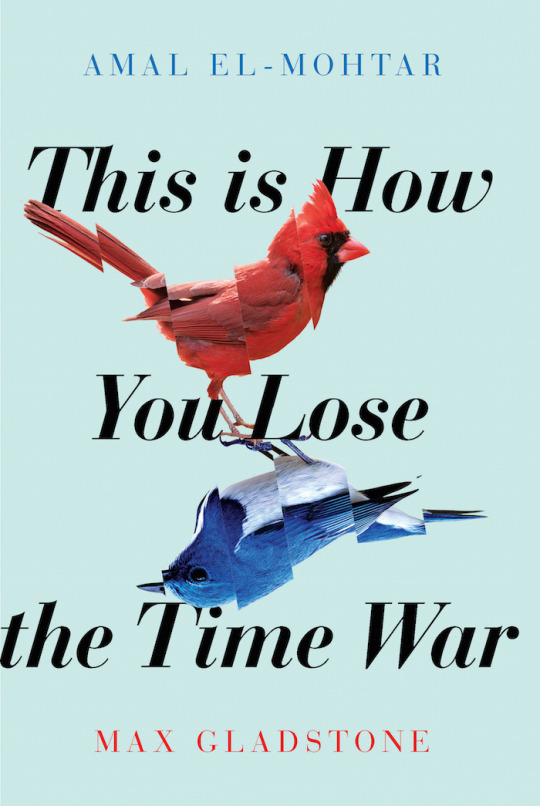
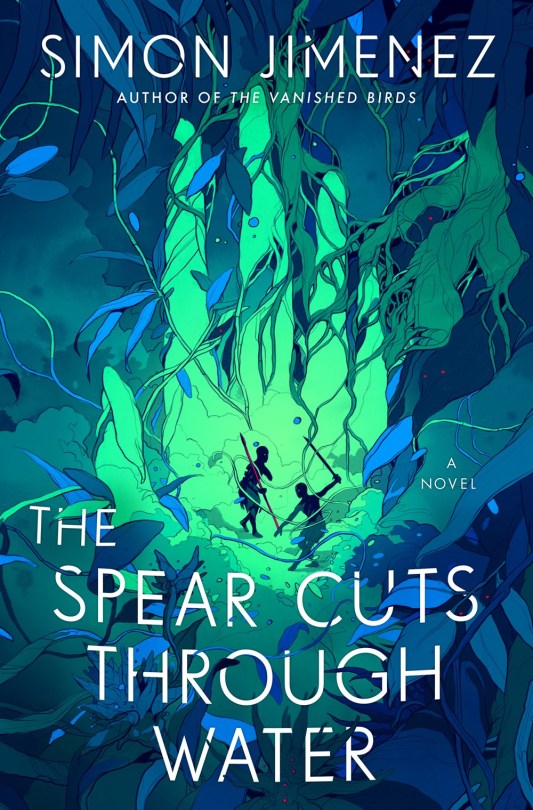
Book summaries below:
This Is How You Lose the Time War by Amal El-Mohtar and Max Gladstone
Among the ashes of a dying world, an agent of the Commandant finds a letter. It reads: Burn before reading. Thus begins an unlikely correspondence between two rival agents hellbent on securing the best possible future for their warring factions. Now, what began as a taunt, a battlefield boast, grows into something more. Something epic. Something romantic. Something that could change the past and the future.
Except the discovery of their bond would mean death for each of them. There's still a war going on, after all. And someone has to win that war.
Science fiction, time travel, multiverse, epistolary, adult
The Spear Cuts Through Water by Simon Jimenez
The people suffer under the centuries-long rule of the Moon Throne. The royal family—the despotic emperor and his monstrous sons, the Three Terrors—hold the countryside in their choking grip. They bleed the land and oppress the citizens with the frightful powers they inherited from the god locked under their palace.
But that god cannot be contained forever.
With the aid of Jun, a guard broken by his guilt-stricken past, and Keema, an outcast fighting for his future, the god escapes from her royal captivity and flees from her own children, the triplet Terrors who would drag her back to her unholy prison. And so it is that she embarks with her young companions on a five-day pilgrimage in search of freedom—and a way to end the Moon Throne forever. The journey ahead will be more dangerous than any of them could have imagined.
Both a sweeping adventure story and an intimate exploration of identity, legacy, and belonging, The Spear Cuts Through Water is an ambitious and profound saga that will transport and transform you—and is like nothing you’ve ever read before.
Fantasy, epic fantasy, metanarrative, experimental, adult
#polls#queer adult sff#this is how you lose the time war#amal el mohtar#max gladstone#time war#tihylttw#the spear cuts through water#simon jimenez#tsctw#keema#jun ossa#books#booklr#lgbtqia#tumblr polls#bookblr#book#lgbt books#queer books#poll#sff#sff books#queer sff#book polls#queer lit#queer literature
104 notes
·
View notes
Text

Who else got their mind consumed by god-killing homosexual war criminals this year?
#the spear cuts through water#literature#books#simon jimenez#fantasy#sci fi#posting this here so i can use it in my goodreads review#but im genuinely surprised there is not a huge tumblr cult for this book#this has been an audrey post
220 notes
·
View notes
Text

love a duo in charge with toppling an empire and forced to homoerotically bond
#quote is from black sails by the way#friends a few days from now: [REDACTED]#my art#fanart#art#simon jimenez#the spear cuts through water#comic
61 notes
·
View notes
Text

recent micro-trend in fantasy literature
#the answer is yes btw#these books don't really have anything else in common though haha#the sins on their bones#the spear cuts through water#books#simon jimenez#laura r samotin#lulu reads the spear cuts through water#lulu reads the sins on their bones#lulu speaks#lulu reads
40 notes
·
View notes